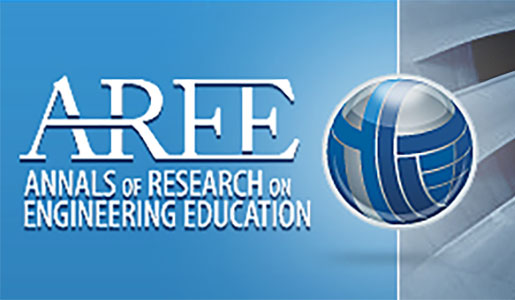Article: Women Engineering Graduates from the 1970s, 80s and 90s: Constraints and Possibilities of a Non-Traditional Career Path
While the author has conducted numerous interviews with women engineers over the years, both as students and as practicing professionals, these interviews have focused primarily on post 1980 graduates. The 1980s represent a pivotal period in Canadian history where goverment legislation began to open up economic, employment and social opportunities for women and other targeted groups. Prior to 1980, the number of female engineering students and practicing professionals was scant, and the barriers to their success were correspondingly significant.
This paper is a retrospective account of three women graduates from a Canadian school of engineering whose experiences span a 25 year period from the mid 1970s to the late 1990s. It chronicles the political, social and institutional changes that took place in the Canadian society alongside their educational and career paths. Semi-structured, in-depth interviews were conducted with the three participants lasting approximately two hours in duration. Data analysis followed qualitative practices for data coding using the constant comparative method, a technique associated with grounded theory.
Findings reveal that the barriers to women’s acceptance into engineering in the 1970s were more overt and explicit. The culture of engineering at the time, as has been documented elsewhere, was more openly hostile and women’s sense of alienation was the norm. The 1980s and 90s data reveal that while their structural representation in the field has improved somewhat over time, cultural practices and attitudes towards women remain more resistant, affecting opportunities for both acceptance and advancement.
Although the negative aspects of the culture of engineering have been portrayed in the research literature, there are also positive and career-propelling aspects of this culture that need to be nutured. Engineering educators and schools must embrace the realization that cultural knowledge is as significant as technical knowledge in becoming successfully equipped for an engineering career. The paper makes the case for maintaining the focus on formal and informal mentoring and network programs for all students, but more particularly women before they are faced with making strategic decisions regarding their engineering futures.
Author 1: Sandra Ingram [email protected]

